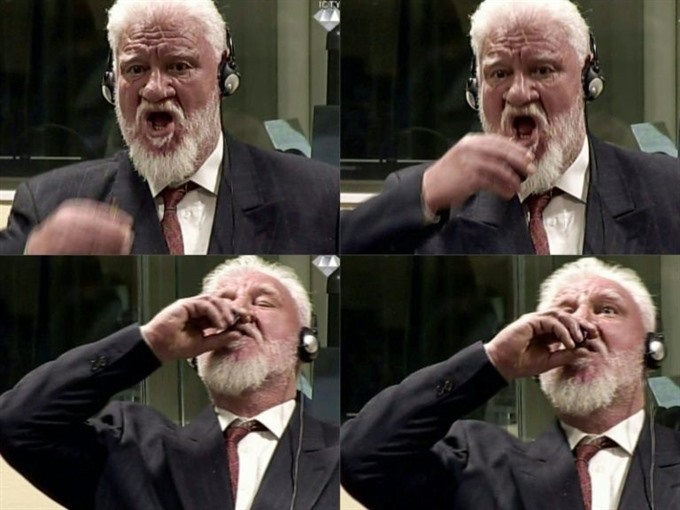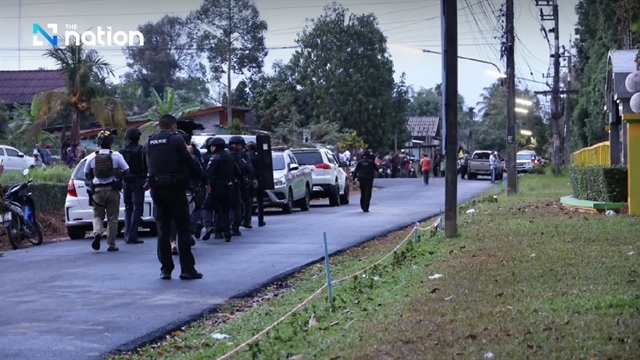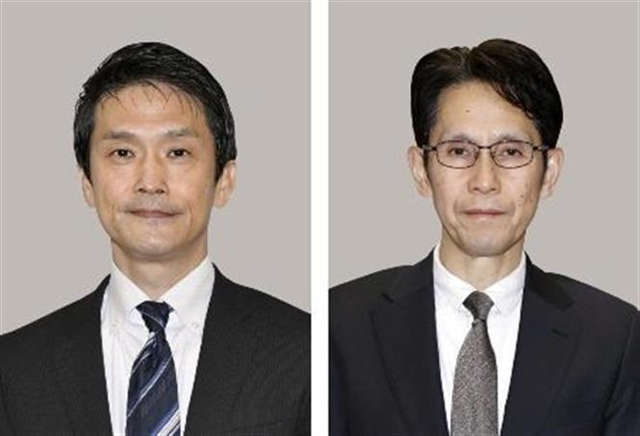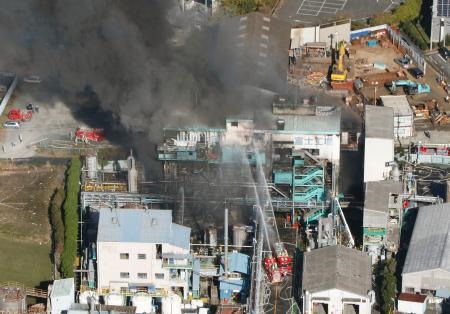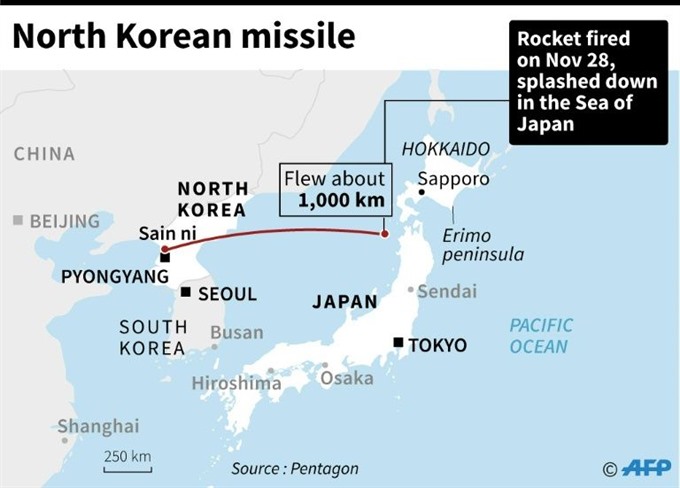THE HAGUE — It was supposed to be business as usual in the sedate halls of the UN court for the former Yugoslavia, as judges delivered their final verdict after two decades of painstaking, groundbreaking work.
Instead, halfway through Wednesday’s appeals judgement, a tall, determined Bosnian Croat -- known for his past courtroom antics -- wrought chaos on the tribunal, ensuring the last day of its public proceedings will be forever remembered for his shocking suicide.
In full view of the cameras and judges, former military commander Slobodan Praljak, 72, defiantly drank down a noxious liquid to protest the upholding of his 20-year term for war crimes against Bosnian Muslims in the 1990s.
But experts were divided Thursday on how much the dramatic scenes would tarnish the court’s work in the long run.
"The damage to the ICTY legacy and its international justice project is immense," argued Jelena Subotic, a political science professor at Georgia State University in Atlanta.
Underscoring the importance of the court established by the UN Security Council in 1993, she said it had been "the most visible, however imperfect, mechanism of transitional justice in the region".
As the world looked on impotently at the killings, rapes and destruction tearing Yugoslavia apart, the court was established with the aim of halting the violence by bringing to justice those behind some of the worst atrocities in Europe since World War II.
It was the first war crimes court established by the UN and the first international tribunal since the Nuremberg trials set up to prosecute those behind the Nazi regime.
Its "every step, procedure, formality was under the microscope. It had no room for mistakes," Subotic wrote on the website of the EU-supported Balkan Transitional Justice project.
That Praljak able to smuggle a liquid into the courtroom despite heavy security "truly beggars belief," Subotic wrote.
- ’Heinous crimes’ -
Other observers were quick to urge people not to allow the dramatics of one man -- a former theatre and movie director -- to hijack the court’s legacy or to push aside the victims of his crimes.
While Praljak’s suicide will "go down as part of the ’lore’ of the ICTY, I don’t think it will cast much of a shadow, if any, on its legacy," Mark Kersten, a researcher into international criminal justice, told AFP.
"People are too smart. I believe they will see through Praljak’s antics and remember that he died a convicted war criminal, brought to justice for heinous crimes committed against vulnerable civilians."
A formal high-profile closing ceremony for the court is planned on December 21. And the tribunal, which helped establish the facts of what happened in the conflicts, has itself vaunted that it "irreversibly changed the landscape of international humanitarian law".
Subotic argued that "the most damaging consequence" of Wednesday’s events was how the defendants yet again "make the proceedings only about themselves".
"Instead of talking about what Praljak was convicted of, about his many victims and the horrors they endured, we talk about him," she wrote.
- Weight of history -
Since its establishment, the ICTY has indicted 161 people, all of whom have appeared before the court, and 90 people have been sentenced in cases which have helped write international jurisprudence for prosecuting the world’s worst crimes.
"I do not believe that this detracts from the legacy of the ICTY," said former US ambassador for war crimes issues, Stephen Rapp.
He pointed to Adolf Hitler’s designated successor, Hermann Goering, sentenced to death by hanging in October 1946 at Nuremberg. But Goering escaped what he considered a humiliating end for a soldier by swallowing cyanide just hours before he was set to be executed.
"But the judgement there still stands for all history in establishing the facts and in showing that the perpetrators of atrocities will be held to account," Rapp said.
Significantly, the appeal judges in The Hague upheld the original trial’s finding that all six men, including Praljak, were part of a scheme to ethnically cleanse Bosnian Muslims from the areas claimed by the Bosnian Croats.
The overall verdict "is more important than what happened yesterday," insisted Frederiek de Vlaming, an expert in international law at Amsterdam University.
The finding that the "ultimate purpose" of the criminal enterprise in Bosnia was shared by late Croatian president Franjo Tudjman, seen as the "father" of his country, has left a "serious burden for Croatia as a state," political analyst Zarko Puhovski said.—AFP
